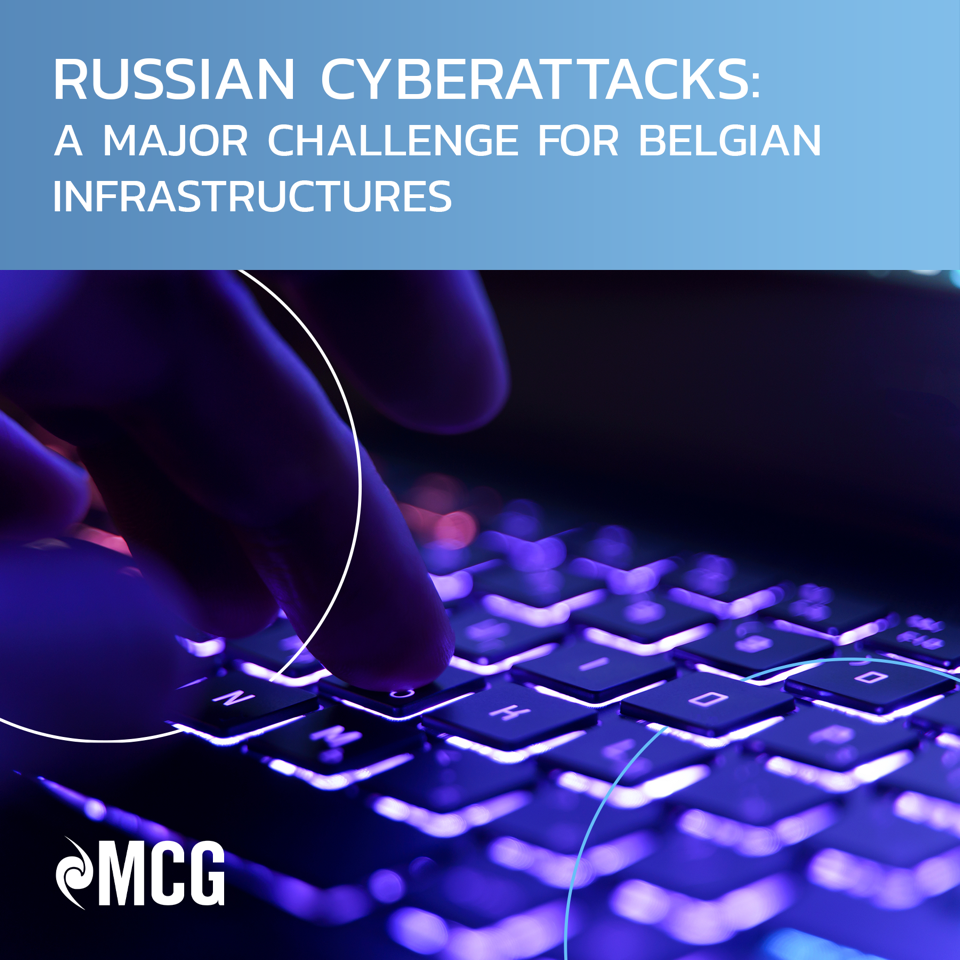
For several months now, Belgium has been facing an increase in cyberattacks originating abroad, particularly from pro-Russian groups. What implications does this have for Belgian companies?
Cyberattacks were particularly numerous in October and March, when several official websites (MyGov.be, the Walloon Parliament, Brussels administrative platforms, and even Engie's website) were temporarily paralyzed by a DDoS attack.
These attacks are not simply isolated acts of hacking. They are part of a hybrid warfare strategy, where digital attacks are used to destabilize our infrastructure and send political messages.
Today, Belgium is perceived as a committed player on the international stage, notably through its support for Ukraine in its conflict with Russia. In March, the announcement of a new €1 billion military aid package for Kiev directly triggered the cyberattack led by the NoName057 collective.
But beyond this immediate geopolitical context, our country has several characteristics that make it a prime target:
While the DDoS attacks in March did not result in data theft or ransomware, they did reveal the structural fragility of part of our digital ecosystem.
Our infrastructures are interconnected and often centralized, making them particularly vulnerable to domino effects. An unavailable public site can cause a bottleneck elsewhere. A poorly protected subcontractor can become the gateway to sensitive systems. This is one of the reasons behind the introduction of the European NIS2 directive.
The threat does not only concern government institutions: private companies are now on the front line.
In a context where you don't always choose to be a target, the best defense is prevention:
The threat is real. Your preparation must be just as real.
For over 25 years, MCG has been helping companies to build resilient cybersecurity, in line with the realities of their business and their level of risk.

